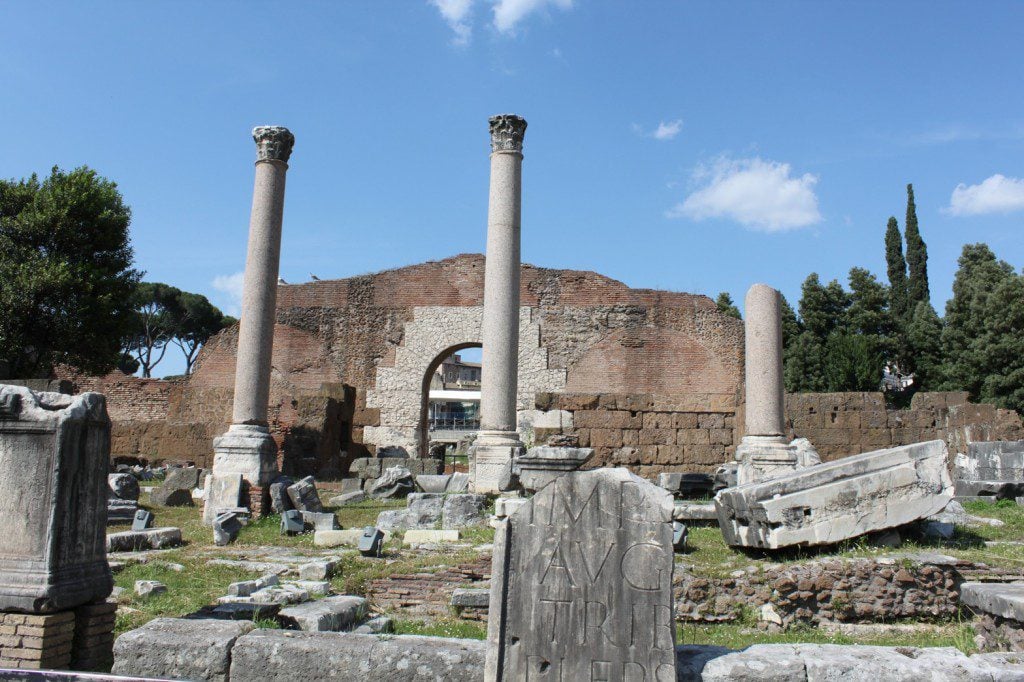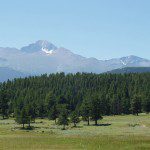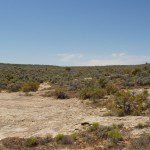Last week a 2300 year old Mayan pyramid in Belize was destroyed by a construction company who wanted the material for road fill. Here’s a link to a story on CNN and another to a story by the AP on the Washington Post that has pictures.
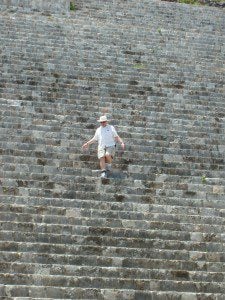
Although this pyramid was on private land, Belize law prohibits destroying ancient structures. But the material used by the Mayans is both high-quality and easy to get. Jaime Awe, Director of the Belize Institute of Archaeology, said “these guys knew that this was an ancient structure. It’s just bloody laziness.”
Most of us instinctively understand that something like this has value and should be preserved. But scan the comments on the news articles and you’ll find a few people who say “what’s the big deal? It’s just an old pile of rocks.” For the construction crew, demolishing an ancient pyramid was faster, easier and cheaper than quarrying new stone. It had no value to them other than its utility.
This is not a new phenomenon. When Cathy and I were in Rome last year, one of our tour guides explained that much of the destruction of ancient sites was done by the Romans themselves in the years following the collapse of the empire. The Coliseum and various temples had more value to them as building materials than as relics of their glory days. While that’s tragic, I have a lot more sympathy for ancient scavengers using only muscles than I do for modern contractors with diesel powered earth moving equipment.
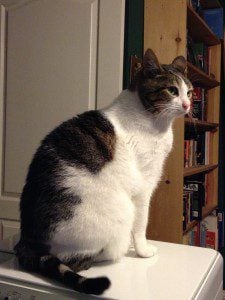
Let’s look a different topic. Those of us who are omnivores have a list of animals we will and won’t eat. Excluding those we consider “unclean” (rats and bugs and such), the ones we won’t eat are the ones we value most highly, sometimes because of other utility but more frequently because we feel a relationship with them. Eat a cow? Medium rare, please. Eat a horse? Only if there’s nothing else available. Eat a cat? Only if the alternative is starvation. Eat my cat? If things are that dire, we’ll starve together.
People make decisions that are detrimental to the natural world for the same reason a road builder destroyed an ancient monument – they don’t value what they’re destroying. What’s a forest besides lumber not yet harvested? Who cares whether some species I’ve never heard of goes extinct? Why should I pay more for energy just to protect the groundwater from fracking chemicals?
There are practical reasons why we should live sustainably and respect other species and ecosystems, but no intellectual argument is strong enough to override the basic evolutionary instinct to do what’s easiest and most satisfying for me and mine, here and now. Overriding that instinct requires valuing what we preserve more than what we exploit, and developing that requires a relationship with what we would value.
This is not an intellectual matter, it is a religious matter. Only by developing a sacred relationship with Nature will we find the inspiration to change the way we live and build a society that is both compassionate for the present and sustainable for the future.
Otherwise, future generations will look back on us with the same disdain we have for the pyramid-demolishing road builders in Belize.
